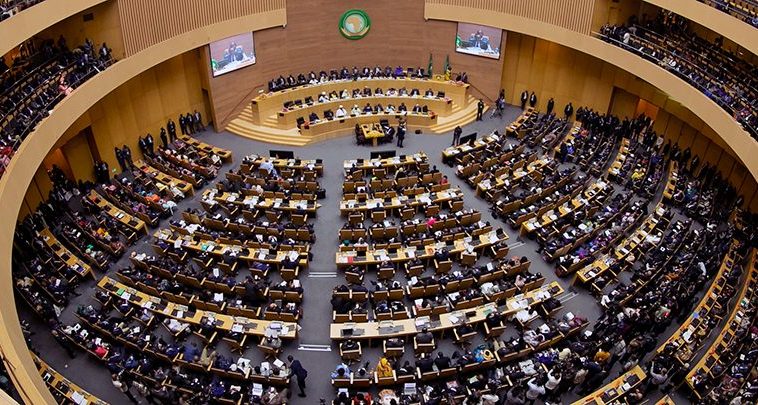Africa’s mining industry has long been a source of significant mineral wealth for the continent. Rich in resources such as gold, diamonds, copper, and cobalt, among others, African countries have historically relied on the extraction and exportation of these minerals as a key driver of economic growth. However, there has been a growing recognition of the need to move beyond mere extraction and exportation and towards a model of local value addition. This shift is driven by a desire to maximize the socio-economic benefits derived from the exploitation of mineral resources, promote industrialization, and foster sustainable development across the continent.
Africa’s mining industry has often been criticized for its over-reliance on foreign investment and expertise, leading to limited local participation and minimal value addition. Many African countries have found themselves trapped in a pattern where minerals are extracted, processed, and refined elsewhere, often in developed countries, before being re-imported as finished products. This has resulted in a loss of potential revenue, job opportunities, and technological transfer for African economies.
Moreover, the extraction of minerals has often been associated with environmental degradation, social conflicts, and economic inequalities, further underscoring the need for a more sustainable and inclusive approach to mining.
The Rationale for Local Value Addition
Local value addition in the mining industry refers to the process of enhancing the value of raw minerals through beneficiation, processing, and manufacturing activities within the country of origin. This approach offers several compelling benefits:
Economic Diversification: By investing in local value addition, African countries can diversify their economies beyond resource extraction. This can help mitigate the risks associated with commodity price fluctuations and create a more resilient economic base.
Job Creation: Establishing downstream industries such as smelting, refining, and manufacturing creates employment opportunities across the value chain, from skilled labor in processing plants to support services in logistics and maintenance.
Revenue Generation: By capturing a greater share of the value chain, African countries can increase their revenue streams through taxes, royalties, and dividends from local mining and manufacturing activities.
Technological Transfer: Developing local value-addition capabilities requires investments in technology, research, and innovation, which can facilitate knowledge transfer and skill development among local workers and industries.
To facilitate the shift towards local value addition, African governments and stakeholders have implemented various policy interventions:
Legislative Reforms: Many countries have revised their mining laws and regulations to promote local participation and beneficiation. This includes measures such as mandatory mineral processing requirements, local content quotas, and incentives for investment in downstream industries.
Infrastructure Development: Adequate infrastructure, including reliable power supply, transportation networks, and access to water, is essential for supporting value-added activities. Governments are investing in infrastructure projects to facilitate industrialization in mining regions.
Capacity Building: Developing the skills and expertise necessary for value addition requires investments in education, vocational training, and technology transfer programs. Public-private partnerships and collaboration with educational institutions and industry players are essential in this regard.
Stakeholder Engagement: Meaningful engagement with local communities, civil society organizations, and industry stakeholders is crucial for ensuring that the benefits of local value addition are equitably distributed and that environmental and social concerns are addressed.
Despite the potential benefits, the shift towards local value addition in Africa’s mining industry faces several challenges:
Infrastructure Constraints: Inadequate infrastructure, including energy shortages, inadequate transportation networks, and limited access to water, can hinder the development of downstream industries and value-added activities.
Financing and Investment: Establishing value-added facilities requires significant investment in capital-intensive infrastructure and technology. Access to financing, both domestic and foreign, remains a challenge for many African countries, particularly in the context of economic uncertainties and perceived investment risks.
Technological Capacity: Developing the technological capabilities and expertise necessary for value addition often requires partnerships with international firms and knowledge transfer arrangements. Building local research and innovation ecosystems is essential for fostering indigenous technological solutions.
Policy Implementation: While many African countries have enacted policies to promote local value addition, effective implementation and enforcement remain a challenge. Regulatory uncertainty, bureaucratic inefficiencies, and corruption can undermine the success of policy interventions.
Despite these challenges, there are significant opportunities for African countries to leverage their mineral resources for sustainable development through local value addition. By fostering a conducive policy environment, investing in infrastructure and capacity building, and promoting responsible mining practices, African countries can unlock the full potential of their mining industry to drive inclusive growth and development across the continent.


